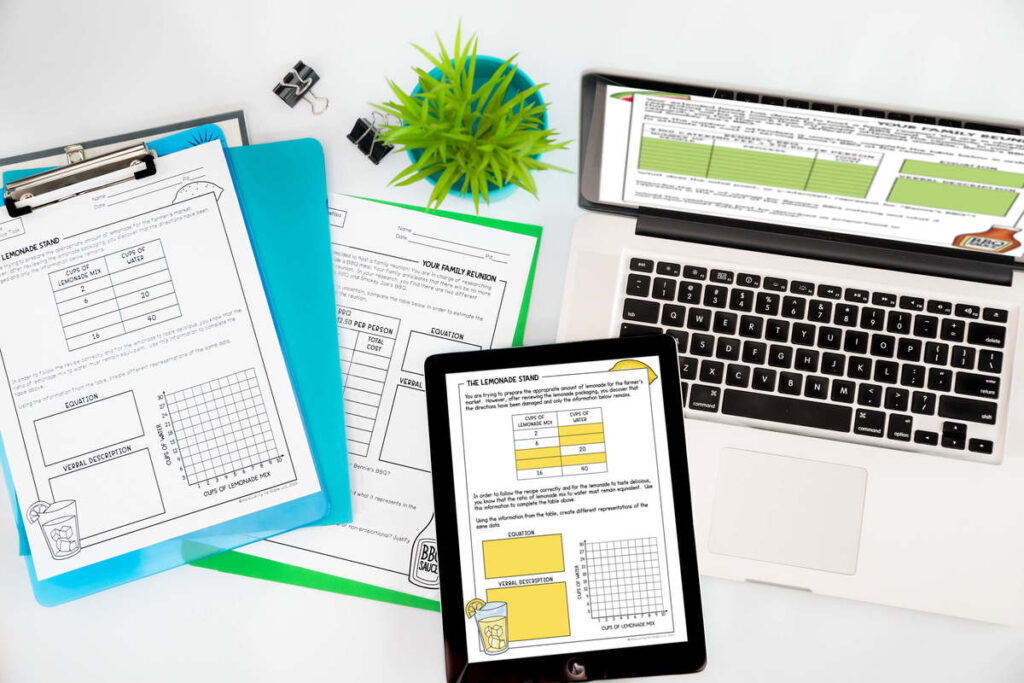Are you running out of time to write your PHD thesis? Don’t worry, you’re not alone! We’ve all been there – desperately trying to figure out how to fit a complete thesis into an already hectic schedule. But don’t panic! Here I’ll show you how to make the most of your time and prove that it is possible to write a PHD thesis even when you’re short on time.
Creating a Schedule

Creating a timeline for your research and writing can be an effective way to manage expectations while meeting deadlines. It is important to set realistic goals that fit into the short window of time that you have available. While each individual situation will vary, the following steps can provide a good guideline for developing a manageable schedule.
Step One: Identifying Priorities – Before committing to any plan, consider what needs to get accomplished first. In large projects like thesis writing, it is helpful to list all the components of your research and prioritize them based on their importance and complexity.
Step Two: Task Evaluation – Take the time to evaluate the tasks rather than simply assigning a timeline immediately. Look at everything involved in completing each task so that you can develop an accurate estimation of how long it will take from start to finish.
Step Three: Create A Calendar – Once you have identified all the tasks required for completion and estimated how long each one will take, map out these tasks on a calendar with due dates for each task or milestone included. This will ensure that your overall project does not take more time than you have available for completion.
Step Four: Accountability & Support – The final step in creating an effective schedule is ensuring that it remains intact going forward. Find ways or build in accountability through peer review, feedback from non-academic mentors, or other forms of assistance as needed along the way while being careful not to overextend yourself with too many meetings and interruptions of your regular workflow.
Prioritizing Your Tasks

Correctly prioritizing your tasks is a key ingredient to drafting a successful PhD thesis when you’re short on time. Managing your commitments, scheduling time for writing, and structuring research and distraction free zones can help make the process of writing a PhD thesis more efficient.
Prioritizing things that are important rather than interesting is essential if you’re going to lead an efficient life: allocate your most productive waking hours to getting done what’s most important and break it down into manageable chunks. Researching and turning those results into meaningful chapters is the focus of the PhD process.
Start by creating an outline for yourself with targets for each section or chapter; this works sensibly towards meeting submission deadlines in good condition. Additionally, capture ideas as you go for later reference; use software like Evernote to easily keep track of everything!
During research, manage distractions as best as possible: when intensive data searches or soul-sucking meetings take up too much of your emotional energy, take regular breaks and reset before plowing back in. Breaks give structure to workflow while providing opportunity for refreshment and reflection so make them count!
Using dissertation writing services can be an effective way to help you finish your PhD thesis in a timely manner. These services offer assistance in the writing process, from organizing your ideas to structuring the content and formatting it for easy reading.
Utilizing Technology to Your Advantage

Technology has opened up a whole range of possibilities in completing a dissertation or thesis under tight deadlines. Here are some suggestions to help make the process go a bit smoother:
- Get familiar with voice recognition software that can do simple tasks like word processing or transcribing audio recordings into text format for quickly adding bulk content to your project.
- Take advantage of collaboration tools such as shared documents, virtual whiteboards, video conferencing and chat rooms to easily share ideas with team members or supervisors while working remotely.
- Consider researching online articles and journals that would normally take time to locate at library stacks instead of searching archives in person.
- Stay well organized by creating an efficient filing structure for all digital files you work on as this will enable you to easily access them should you require them earlier than expected.
- Employ project management tools to record progress throughout the drafting period, set achievable goals, create a timeline and track any changes along the way.
Staying Motivated

Staying motivated to finish your PhD thesis when you’re short on time can be a challenge. Before you begin, make sure that you have a clear plan and timeline with achievable goals. This will help keep your project from feeling overwhelming so that you can stay focused on the task at hand. Here are some tips for staying motivated to finish your thesis on time.
- Set realistic goals: Break down your larger objectives into smaller, achievable tasks and deadlines, such as completing one chapter at a time or writing 500 words per day.
- Reward yourself: For each milestone achieved or deadline met, plan an appropriate reward as motivation to keep going. Such rewards can include happy hour drinks with friends, dinner at a nice restaurant or tickets to an event of your choice.
- Track progress: Use methods such as Gantt charts or other tracking tools to help measure progress and give yourself a visual depiction of how far along you are in the process of completing your thesis, which can help spur more productivity and break up the monotony of writing if needed.
- Get organized: Set up reminders for important tasks like research library visits and schedule regular meetings with advisors that will get you back on track if needed midway through the project when motivation is beginning to lag behind expectations
- Ask for help: Don’t be afraid or too proud to ask for assistance from family, friends and mentors who can offer constructive criticism and productivity advice when it’s needed most during this hectic period in life
Conclusion
End your thesis paper by summarizing your key points, including brief summaries of important findings and their implications. Make sure to draw together any major themes or ideas you covered earlier in your thesis and clearly link them to what was learned in your research. Focus on the main points and make sure all ideas are complete, concise and accurate before bringing the conclusion to a close with a powerful statement about progress or further potential for exploration into this area of study.

